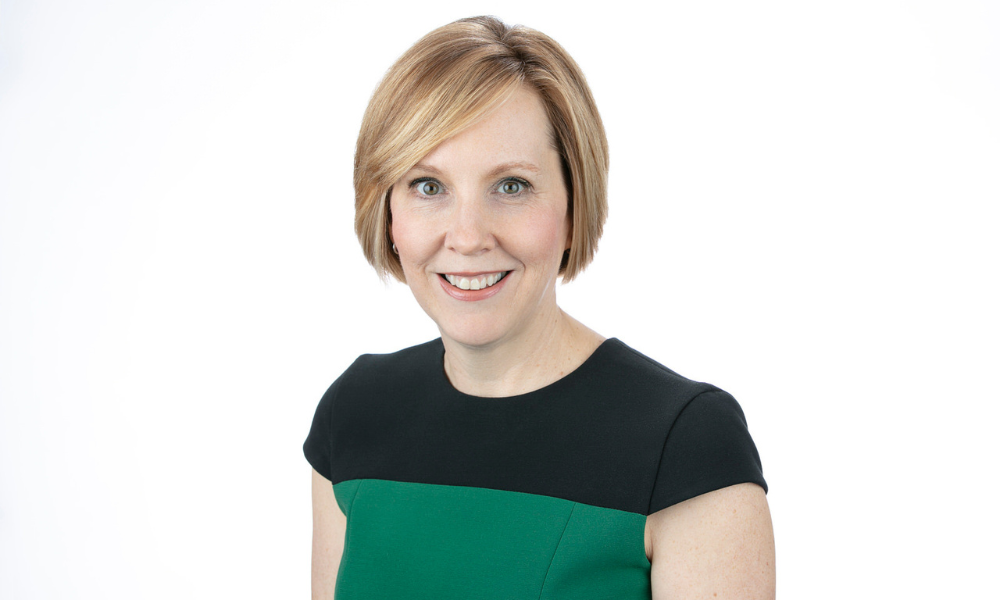According to CAMH, only 3 per cent of studies examine questions specific to women's health

Manulife announced last month that they are partnering with Canada’s largest mental health organization to make women’s’ mental health and well-being better. Deborah Gillis, president and CEO of The Centre for Addiction and Mental Health Foundation (CAMH), explains the reasoning behind this partnership, which is directed specifically at CAMH’s womemind initiative. She describes the partnership as a “strategic alliance” to prioritize and advance women's health research at CAMH, promoting equity and excellence in health care outcomes
“It's particularly important to us because Manulife shares our vision to close the gender gap in mental health care,” she says. “To have a leading organization lend their name to the issue of women's mental health really raises awareness and sends a really important message about how critical it is to focus on the issue.”
As part of the partnership, Manulife is donating $1 million over three years to support research facilitation, capacity development, advocacy and knowledge translation to the Women's Health Research Cluster (WHRC). Gillis explains the WHRC is an international multidisciplinary network of researchers, clinicians, community partners and trainees within CAMH that work together to advance the health outcomes of women worldwide. The cluster is led by Dr. Liisa Galea, who was also the womenmind Treliving family chair in women's mental health at CAMH.
“Globally, only 3 per cent of studies explicitly examine questions specific to women's health,” says Gillis. “Despite the fact that we know that many mental health disorders disproportionately affect girls, women and gender diverse people, that work is consistently underfunded.”
Sarah Chapman, CMO for Manulife Investment Management and global chief sustainability officer for Manulife, said after Manulife announced the donation last month as part of Women’s History Month, they held an internal event for their employees, featuring Dr. Galea to speak about women’s mental health.
“The expertise and insight she provided was incredible. It was our highest-rated employee event this year focused on our community impact,” she said in a statement. “Over the past few months, we’ve had the opportunity to learn more about the incredible work that is being done at CAMH every day. Part of this was learning about the specific challenges women face when it comes to their mental health and how little research is being done about how sex and gender can impact mental health. For example, CAMH research states that women are twice more likely to be diagnosed with depression and anxiety. We’re hoping to help change this.”
Manulife’s reason for entering the partnership, Chapman highlighted, was because Manulife’s Impact Agenda focuses on three interconnected pillars that outline social and environmental areas where they have the greatest ability to affect change.
“The first pillar is focused on empowering sustained health and well-being for individuals around the globe to support their journey towards a better life. One way we drive impact is through our Community Investment initiatives, which aim to foster healthier, more equitable communities across these three pillars. When the CAMH partnership came about, there was a clear alignment between their research and development work in the space of mental health, and our broader mission of making a meaningful difference in the lives of individuals and communities where we live and work. Together, we hope to leave a lasting legacy of support and empowerment,” Chapman said.
There was a time in the not-so-distant past when a corporation like Manulife would be hesitant to attach their name to a cause like women's mental health, added Gillis, so “it sends a really important message to the employees of Manulife and to their partners about their commitment to the issue.”
“When an organization like Manulife comes forward to support work in women's mental health, I hope it will also inspire other corporations to really lean into and attach importance to the issue of mental health.”



